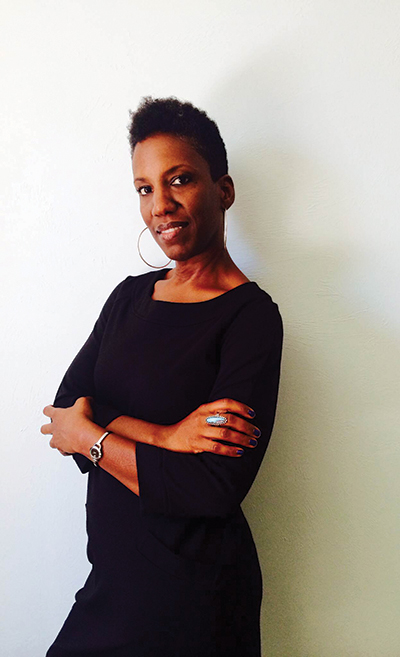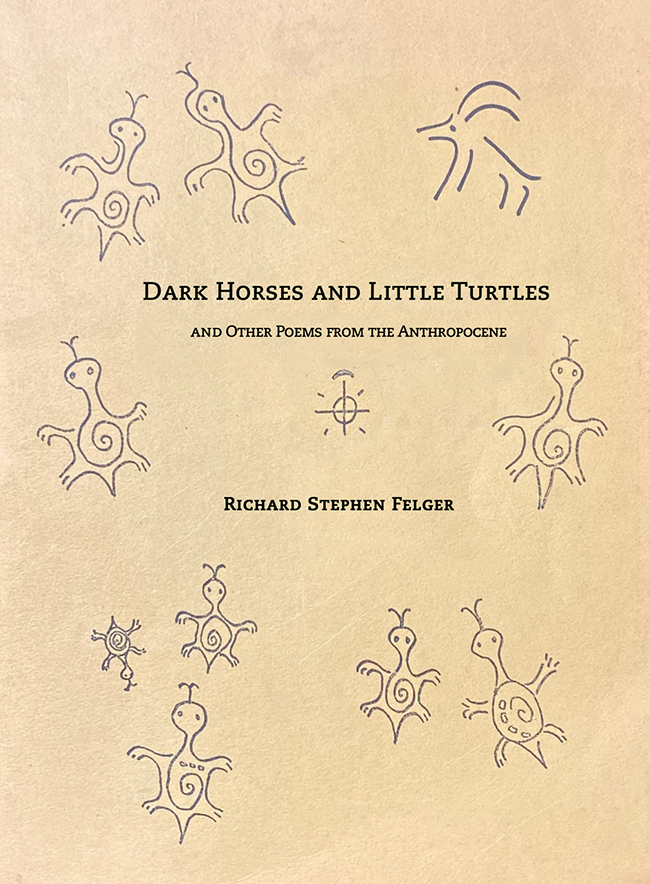Q&A with Debi Chess Mabie

Debi Chees Mabie, photo by Cait NiSiomon
Last month, the Tucson Pima Arts Council (TPAC) announced a restructuring, creating a new leadership position by hiring Debi Chess Mabie as Chief Executive Officer. Zócalo reached out to Mabie to learn a little more about the changes and to find out what’s in store for TPAC’s future.
Zócalo: Congratulations on your new position. It’s clear that the leadership structure at TPAC has been transformed. Can you tell us about your new role, what you will be charged with and how other staff positions at TPAC may have changed?
DCM: Thank you! TPAC’s staffing re-design is the result of an organizational reality check. While the City and County did not reduce our base allocation in this last budget go-round, the trajectory of our funding over the past 8-10 years has lead us to understand that we needed to be more entrepreneurial and proactive in developing additional sustainable funding mechanisms for the arts. The board took a long deep look at the assets of the organization and how we could put those assets to highest and best use, and at the same time strategize about the cultivation of additional resources.
As CEO, I will focus on operational issues, continue our relationships with city and county interest, and engage the efforts of private philanthropy locally while continuing to cultivate the national support Roberto has brought to our community. The same is true of Roberto Bedoya, who has moved from executive director to Director of Civic Engagement. In this new staffing structure, Roberto will focus on further development of the PLACE Initiative, expanding on the premise that the arts and civic engagement practices have the power to transform communities. The PLACE Initiative was developed under Roberto’s leadership and has become a national model for these projects and programs while bringing in over $600,000 in national funding over the last eight years.
Zócalo: Assuming that you will be drawing from your previous work in the arts community, tell us a bit more about your background in Tucson.
DCM: I moved to Tucson with my family from Chicago five years ago. We came for my husband’s job at the Community Foundation for Southern Arizona, and I quickly discovered The Loft Cinema. With my background in arts-based community development (I was the Executive Director of a cultural arts center prior to leaving Chicago), I found an opportunity to be employed there. I started off in sort of a community outreach position and then moved into Development Director and was there for a little over two years. Working at The Loft was an amazing opportunity to indulge my “film-lust” and learn about the arts funding and support landscape in Tucson. People are passionate about the arts here in Tucson. And people are not silo-ed in their appreciation for the cultural offerings here. Scratch a film lover, and you will find a music lover, a theater lover, a visual artist.
Zócalo: TPAC has seen its budget cut dramatically in recent years. Can you give us some hard numbers? What’s TPAC’s current budget as compared to maybe 6 years ago? What’s it going to take to keep TPAC’s core services and programming going?
DCM: In 2008, TPAC’s budget was at $1.2 million. Today, our budget sits at $782,000. We can’t keep the same level of core services and programming. That just doesn’t make sense. We have had to adapt, we have kept our public art programming, grantmaking and professional development services. We will look at ways we can use technology to connect artists and arts organizations to opportunities for funding and information. This year, we made a decision to cut the Open Studio Tour from our programs because of the lack of staff and core funding we needed to do a quality tour. However, private philanthropy stepped in and saved the tour. This is one example of private support filling the gap left by reduced public funding. With more strategic efforts we can continue down this path of public/private partnerships in support of the arts.
Zócalo: Some of your funding is pass through, correct? Whereas funds pass through TPAC from other sources to be redistributed as grants to the arts community?
DCM: Yes, a portion of our funds are redistributed as grants. We currently have four grant opportunities: General Operating Support, PLACE Initiative, New Works, and the Pima Community College Youth Arts Awards. Funds are also used to facilitate programs such as public art, professional development opportunities and workshops for artists and arts organizations, production of the Lumies Arts and Business Awards (coming up on September 18), advocacy and research projects, and exhibition opportunities for artists through the Pioneer Building Gallery, the Mayor’s Gallery, and the University of Arizona Downtown Gallery. Our plan is to leverage our public funds and cultivate private philanthropy in support of arts funding. Our goal is to get more money and resources out into the community.
Zócalo: To someone who might not see the value in a regional arts support or grant organization, how would you describe TPAC’s importance to the community?
DCM: I would challenge that person to go through their day and NOT have an arts experience!
Public art is all around us, and I challenge people to pay closer attention to the public art, architecture, textiles, music, and movement of this city. It’s an expression of who we are and a reflection of our community’s values. The quality of life and sense of place that art provides needs a support system to ensure that creators are able to continue their work and organizations are able to provide quality programming. That’s what TPAC does. We support the creators and programmers that make Tucson, Pima County, and Southern Arizona a beautiful place to live and work.
Zócalo: What are some of your short terms goals while at TPAC? What are some of your longer term goals?
DCM: In the short term, you will see a cleaner more accessible website. One that accurately reflects TPAC’s mission and invites engagement with TPAC on many levels.
In the long term, I see TPAC as THE leader in arts grantmaking, advocacy and public art management in the region. When you experience all things arts and culture in Southern Arizona, you will know TPAC had a hand in making it happen.
Zócalo: What other changes are on the horizon for TPAC?
DCM: A stronger focus on sustainable funding for the arts and creation of a civic engagement platform, plus an adjustment of day-to-day operational issues for TPAC for more effective procedures—like contract compliance and reporting—will keep me plenty busy this year.
Zócalo: Anything else you would like to add?
DCM: If you want to truly understand the level of support and passion for the arts that exists in Tucson, come to the Lumies Arts and Business Awards, Friday, September 18th, 6PM at the Tucson Museum of Art Plaza. Celebrate the nominees, congratulate the winners and enjoy food, drinks and entertainment from KXCI’s Cathy Rivers as emcee and stylings of DJ Dirtyverbs.
Category: Arts, Community, DOWNTOWN / UNIVERSITY / 4TH AVE




